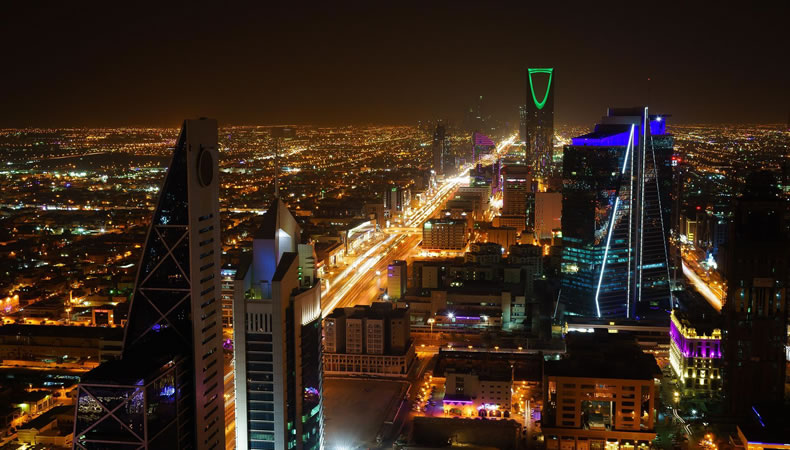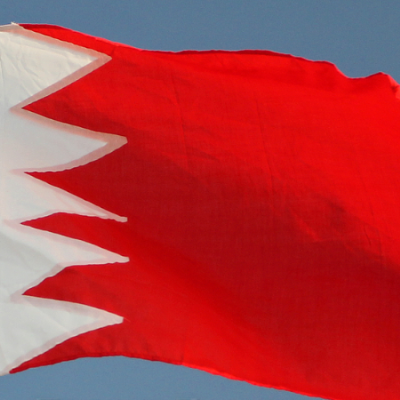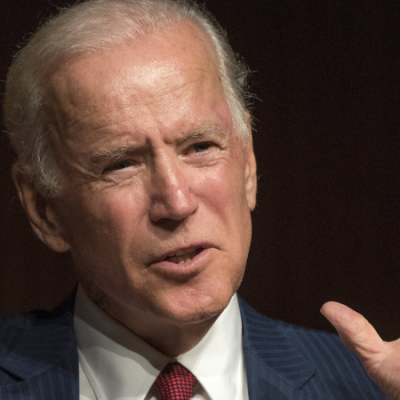6 Ways How Blockchain Can Benefit Middle Eastern Economies

It is blockchain which should be able to solve the socio-economic problem prevailing in the Middle East, experts believe. It is being believed that this technology could actually bring stability to literally all the sectors in the region.
Strangely, despite low levels of know-how and knowledge about this technology, its popularity has been gaining momentum in North Africa and the Middle East too. Here are some ways blockchain technology can be adopted by the various sectors in the region. But even for this to happen, it is paramount to have a regulatory framework in place.
Related Posts
- Medicine: When it comes to delivering medical facilities, blockchain can play a significant role in maintaining patient records, eliminating any chances of hacking or loss of data. A decentralised ledger of medical data may help provide the necessary insights to fight disease, while supporting the allocation of humanitarian aid in war-torn countries.
- Copyright Protection: Helping musicians and filmmakers save their work from being copied, the technology could actually be helpful when cryptocurrency is used.
- Donations: Blockchain offers donors and philanthropies a high level of transparency about how their contributions are being distributed among beneficiaries. The technology is likely to amplify donations towards various causes, from food and medical supplies to education and infrastructure.
- Land Ownership: For many Middle Eastern countries, corruption has eaten into the administrative systems, crippling government functioning. Blockchain helps eliminate the dangers lying in land holdings and transfer, making transactions transparent and removing chances of tampering with records.
- Regulated Electricity Supply: Another major challenge, particularly in countries suffering from unrest or emerging from it, has been the lack of regular power supply. But with the help of the technology, consumers can share their energy with their neighbours for a fee.
6.Financial Inclusion: With this form of transparent money transfer, giving micro loans for small businesses could transform the economic landscape of struggle countries like Lebanon, Syria, Yemen to name a few.













